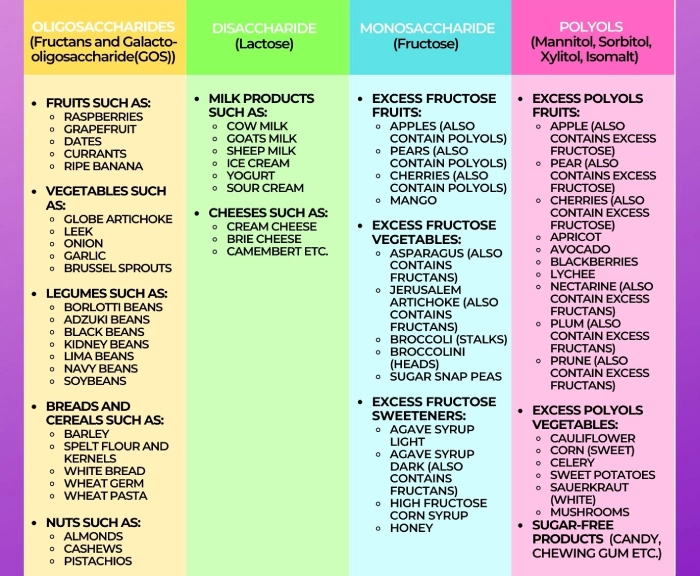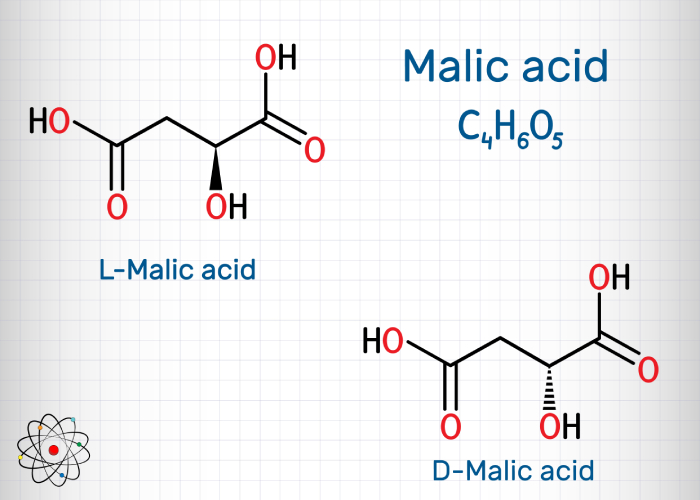FDA Expands Approval for TETRANITE in Cranial Flap Fixation
RevBio, Inc. has recently made significant strides in the field of cranial surgery with its innovative bone adhesive biomaterial, TETRANITE®. The company has received FDA approval to expand its ongoing clinical trial, allowing for immediate fixation of cranial flaps using this groundbreaking product. This development comes on the heels of successful safety demonstrations in the initial five patients treated with TETRANITE.
The expanded approval now permits neurosurgeon investigators to utilize TETRANITE in intradural use cases, including tumor resection surgeries and other cranial procedures requiring intentional durotomies. This broadens the scope of application beyond the initial approval for extradural use cases and cranial flap restoration following craniotomy procedures.
In a parallel development, the Centers for Medicare and Medicaid (CMS) have granted reimbursement coverage for TETRANITE when used as a replacement for traditional metal plates and screws in cranial flap fixation. This approval extends to private insurance companies, which typically follow CMS guidelines, allowing RevBio to begin charging hospitals for the product.
Dr. Kevin T. Foley, a distinguished professor in Neurosurgery and Orthopedic Surgery & Biomedical Engineering at the University of Tennessee Health Science Center, highlighted the potential advantages of TETRANITE over conventional methods. He pointed out that metal plates and screws can create radiographic artifacts, complicating post-surgical imaging interpretation. Moreover, traditional closure methods often fail to achieve full osseous reintegration of the flap with the skull, leading to issues such as flap movement, patient discomfort, and increased risk of post-surgical infections.
TETRANITE addresses these concerns by eliminating radiographic artifacts and promoting osseous union between bone flaps and the surrounding skull. Dr. Foley, who also serves on RevBio’s Board of Directors as Chief Medical Officer, suggests that these benefits could establish TETRANITE as the new standard of care in cranial surgeries.
Grayson Allen, CFO/COO of RevBio, expressed enthusiasm about the CMS reimbursement approval, viewing it as a crucial step in the product’s commercialization process. This approval allows RevBio to establish pricing with healthcare providers, paving the way for wider adoption of TETRANITE in clinical settings.
Commentary by YourDailyFit columnist Alice Winters:

The recent FDA approval expansion and CMS reimbursement coverage for RevBio’s TETRANITE mark a significant milestone in cranial surgery innovation. This bone adhesive biomaterial presents a compelling alternative to traditional metal plates and screws, addressing several longstanding challenges in cranial flap fixation.
From a medical perspective, TETRANITE’s ability to eliminate radiographic artifacts is a game-changer. Clear post-operative imaging is crucial for patient follow-up and early detection of potential complications. By removing the visual obstructions caused by metal implants, TETRANITE could significantly enhance the accuracy of post-surgical assessments and improve patient outcomes.
The potential for TETRANITE to promote full osseous reintegration of cranial flaps is another noteworthy advantage. This could lead to reduced incidences of flap movement, decreased patient discomfort, and lower risks of post-surgical infections – all of which are common concerns with traditional fixation methods. If these benefits are consistently realized in clinical practice, TETRANITE could indeed become the new standard of care in cranial surgeries.
From a market perspective, the CMS reimbursement approval is a crucial development. This not only validates the clinical value of TETRANITE but also removes a significant barrier to adoption by healthcare providers. The ability to charge for the product during the IDE clinical trial phase is unusual and speaks to the perceived potential of this innovation.
However, it’s important to note that while the initial safety data from the first five patients is promising, larger-scale studies will be necessary to fully establish the long-term safety and efficacy of TETRANITE. The expanded clinical trial will provide valuable data in this regard, particularly as it now includes more complex intradural use cases.
The involvement of Dr. Kevin T. Foley, a respected figure in the field of neurosurgery, lends credibility to the potential of TETRANITE. His insights into the limitations of current practices and the potential benefits of this new technology are particularly valuable.
As TETRANITE moves forward in its clinical trials and eventual commercialization, it will be crucial to monitor several factors:
1. Long-term patient outcomes, including rates of successful osseous union and any unforeseen complications.
2. Cost-effectiveness compared to traditional methods, considering both immediate procedural costs and long-term patient care expenses.
3. Ease of use and learning curve for surgeons adopting this new technology.
4. Potential applications beyond cranial surgery, as the technology’s success could open doors to other orthopedic applications.
In conclusion, TETRANITE represents a promising advancement in cranial surgery techniques. Its potential to improve patient outcomes, enhance post-operative imaging, and streamline surgical procedures is significant. As clinical trials progress and more data becomes available, the medical community will be watching closely to see if TETRANITE lives up to its promise of becoming the new gold standard in cranial flap fixation.



